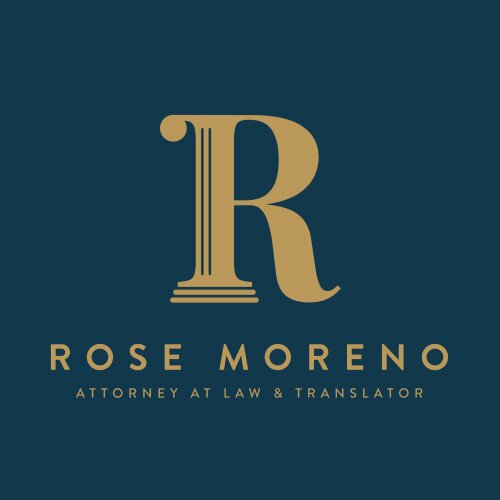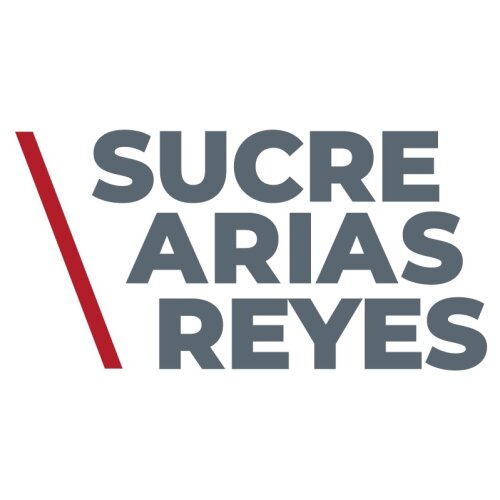Best Probate Lawyers in Panama City
Share your needs with us, get contacted by law firms.
Free. Takes 2 min.
List of the best lawyers in Panama City, Panama
About Probate Law in Panama City, Panama
Probate law in Panama City, Panama refers to the legal process established to settle the estate of a deceased person. It involves the identification, gathering, and distribution of assets owned by the deceased, in accordance with the stated wishes in a will, or if no will exists, according to Panama law. The process is overseen by a Panamanian court, ensuring that all creditors are paid, and the remaining assets distributed rightfully to the heirs or beneficiaries.
Why You May Need a Lawyer
Probate cases can sometimes become complex, especially if the deceased has left a significant number of assets, or there's a dispute amongst the potential heirs. Hiring a lawyer greatly helps in efficient and smooth management of the whole process. Legal advice can also be beneficial if the deceased's will is unclear or contested, or if there are potential tax implications involved. Whether you're an executor struggling to deal with probate procedures, an heir having doubts about your legal rights, or someone claiming against the estate, consulting a probate lawyer would be extremely beneficial.
Local Laws Overview
In Panama City, if the deceased has left a written will, it typically names an executor whose role is to manage the estate. If no executor is named, the court assigns one. The probate process begins with the filing of the deceased's will with the court. The laws in Panama ensure that all the deceased's debts are paid off before the distribution of assets. If there's no will, the assets are distributed in accordance with Panama's intestacy laws, which typically favor spouses, children, and close relatives.
Frequently Asked Questions
1. What happens if there is no will?
If there is no will, the assets of the deceased are distributed according to Panama's intestacy laws. This generally gives priority to the deceased's spouse, children, and nearest relatives.
2. What does an executor do?
An executor is named in the will to manage the distribution of the deceased's estate. Their tasks include identifying and managing the estate's assets, paying debts, and distributing the remaining assets as directed by the will.
3. Can a will be contested in Panama?
Yes, a will can be contested in Panama for reasons such as coercion, fraud, or lack of testamentary capacity of the deceased. This would require legal proceedings, and hence legal advice could be crucial.
4. How long does the probate process take?
The duration of the probate process can vary, typically depending on the complexity of the estate, and whether any part of the will or the distribution of assets is contested.
5. Are there taxes on inherited property?
As per Panama law, there aren't any inheritance or estate taxes. However, depending on the deceased's national jurisdiction, other taxes could be applicable. Receiving legal advice on this matter can prevent potential difficulties.
Additional Resources
The Superior Court of Justice in Panama City and the Public Registry of Panama have resources and information pertaining to probate law. For detailed procedures and forms, the Administrative Unit of Reverted Properties can provide relevant assistance. It could also be very beneficial to refer to the Civil Code of Panama for substantive laws relating to probate.
Next Steps
If you're considering seeking legal assistance in a probate matter, your first step should be to identify a reputable probate lawyer in Panama City. Ensure to gather all necessary documents such as the will (if it exists), death certificate, and records of the deceased's assets and debts. Be ready to work closely with your lawyer to understand the probate process and your responsibilities in it. Always remember, seeking legal guidance is key to navigating probate procedures smoothly and effectively.
Lawzana helps you find the best lawyers and law firms in Panama City through a curated and pre-screened list of qualified legal professionals. Our platform offers rankings and detailed profiles of attorneys and law firms, allowing you to compare based on practice areas, including Probate, experience, and client feedback.
Each profile includes a description of the firm's areas of practice, client reviews, team members and partners, year of establishment, spoken languages, office locations, contact information, social media presence, and any published articles or resources. Most firms on our platform speak English and are experienced in both local and international legal matters.
Get a quote from top-rated law firms in Panama City, Panama — quickly, securely, and without unnecessary hassle.
Disclaimer:
The information provided on this page is for general informational purposes only and does not constitute legal advice. While we strive to ensure the accuracy and relevance of the content, legal information may change over time, and interpretations of the law can vary. You should always consult with a qualified legal professional for advice specific to your situation.
We disclaim all liability for actions taken or not taken based on the content of this page. If you believe any information is incorrect or outdated, please contact us, and we will review and update it where appropriate.










